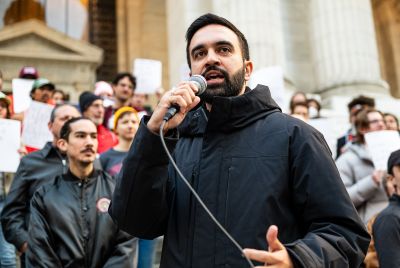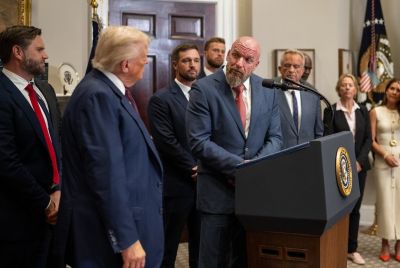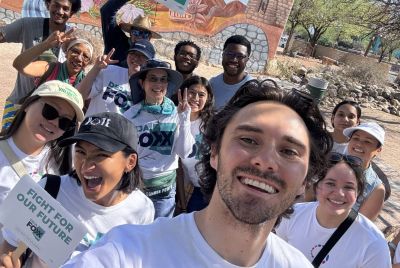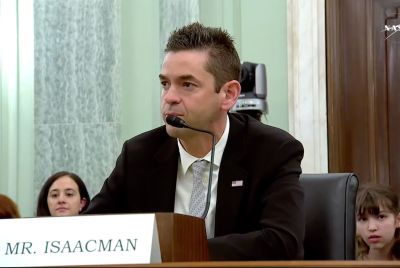Stephen Lawrence case: How has it changed the UK?
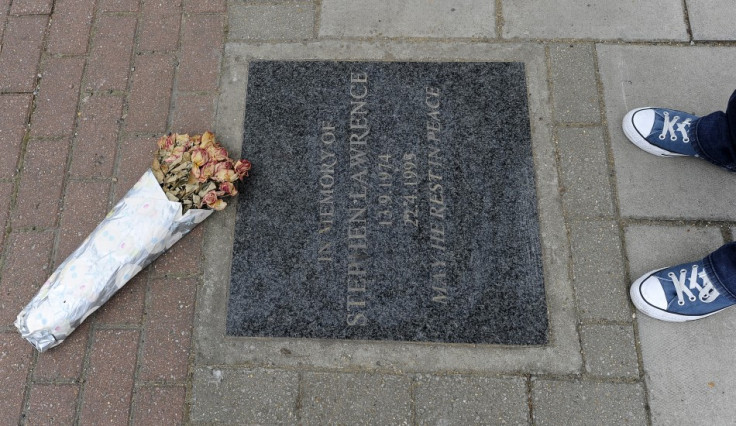
Stephen Lawrence's killing in 1993 while he waited for a bus in Eltham and the subsequent trials and events have revealed and also changed many things in British life including laws and reforms to public services like the police force.
Two men face trial for the murder of London teenager Stephen Lawrence 18 years ago.
David Norris and Gary Dobson are charged with killing the 18 year old in 1993 while he waited for a bus in Eltham.
Three years after his death, Mr Dobson stood trial for the first time in 1996 over the murder along with Luke Knight and Neil Acourt - not guilty verdicts were entered and the three were acquitted.
So what has changed since the trial in 1996?
Double jeopardy laws
Dobson's original acquittal on the trial has been quashed by judges at the court of appeal.
Dobson can face retrial because the principles on double jeopardy have changed, which previously meant that a person could not be tried for the same offence twice.
The Criminal Justice Act of 2003 was influenced by the Lawrence case and the MacPherson Report and means that a person can face retrial if "new and compelling" evidence emerges. According to Sky News, "new scientific evidence has come to light" and so Dobson can be retried, but importantly is still innocent until proven guilty.
"Institutionally racist"
After the original trial collapsed, a year later in 1997 the Lawrence family made a complaint to the Police Complaints Authority. Two officers were eventually exonerated of accusations of racism and one police officer face a disciplinary charge for neglect of duty.
A public inquiry was ordered the same year by Home Secretary Jack Straw to look into the handling of the murder investigation and the wider issues. Sir William MacPherson conducted the eponymous MacPherson Report, also known as the Stephen Lawrence Report, which was a very important document in the history of race relations in Britain.
The report said the police force that investigated the murder was "institutionally racist" and made 70 recommendations for reform. It included criminalising racist statements that are made in private as well as the double jeopardy law reform mentioned earlier. It also recommended the recruitment of many more officers from ethnic minority backgrounds. It also suggested reform of public institutions such as the Civil Service, NHS and local governments to combat the issue of institutionalised racism.
Duwayne Brooks, with Stephen Lawrence the day he was murdered, was given £100,000 compensation by the Metropolitan Police Service on 10 March 2006 because of the way that police handled his complaints during the investigation.
Two police officers were arrested on charge of perverting the course of justice by allegedly withholding evidence before being released from bail following an internal investigation.
Public life and culture
The murder of Stephen Lawrence has also left a lasting effect on the public life and culture in Britain. The Royal Institute of British Architects award the Stephen Lawrence Prize as the teenager wanted to become an architect.
The poet Benjamin Zephaniah wrote a poem called "What Stephen Lawrence Has Taught Us" dedicated to his memory.
A building is named after Stephen Lawrence at Greenwich University where he was due to start studying as a student before he died.
© Copyright IBTimes 2025. All rights reserved.






